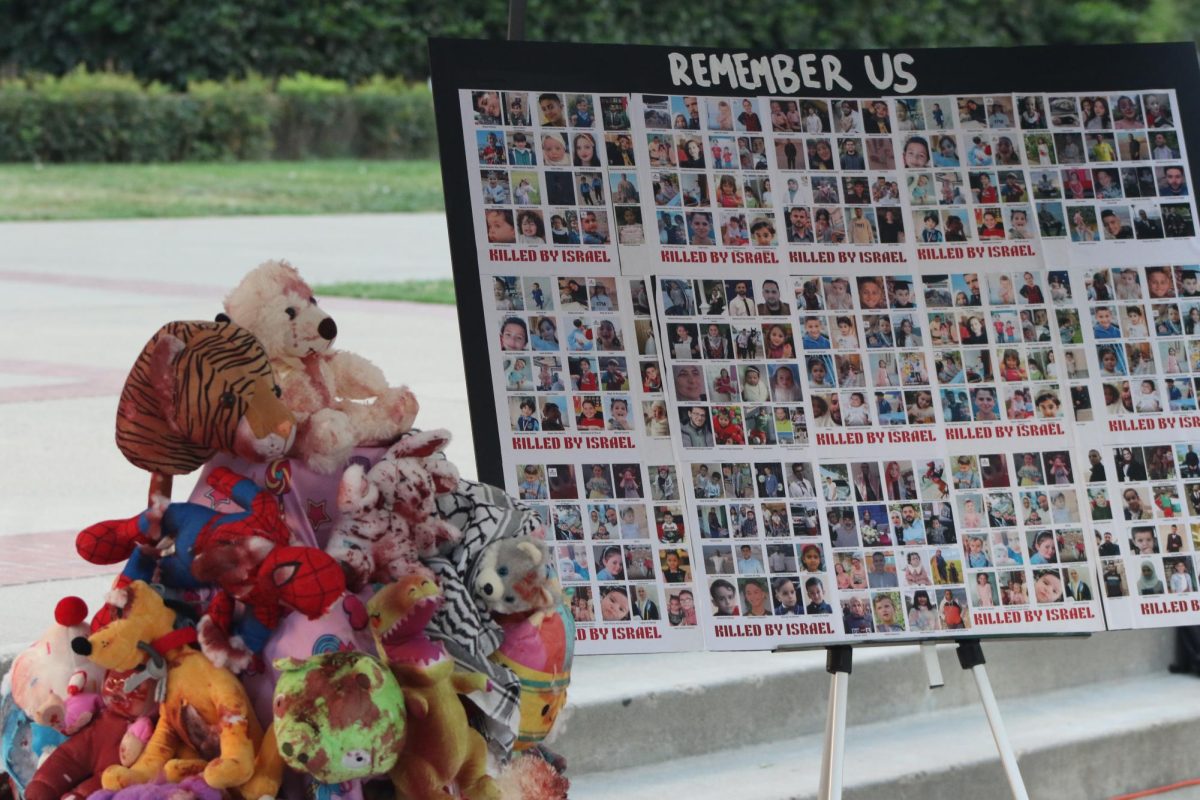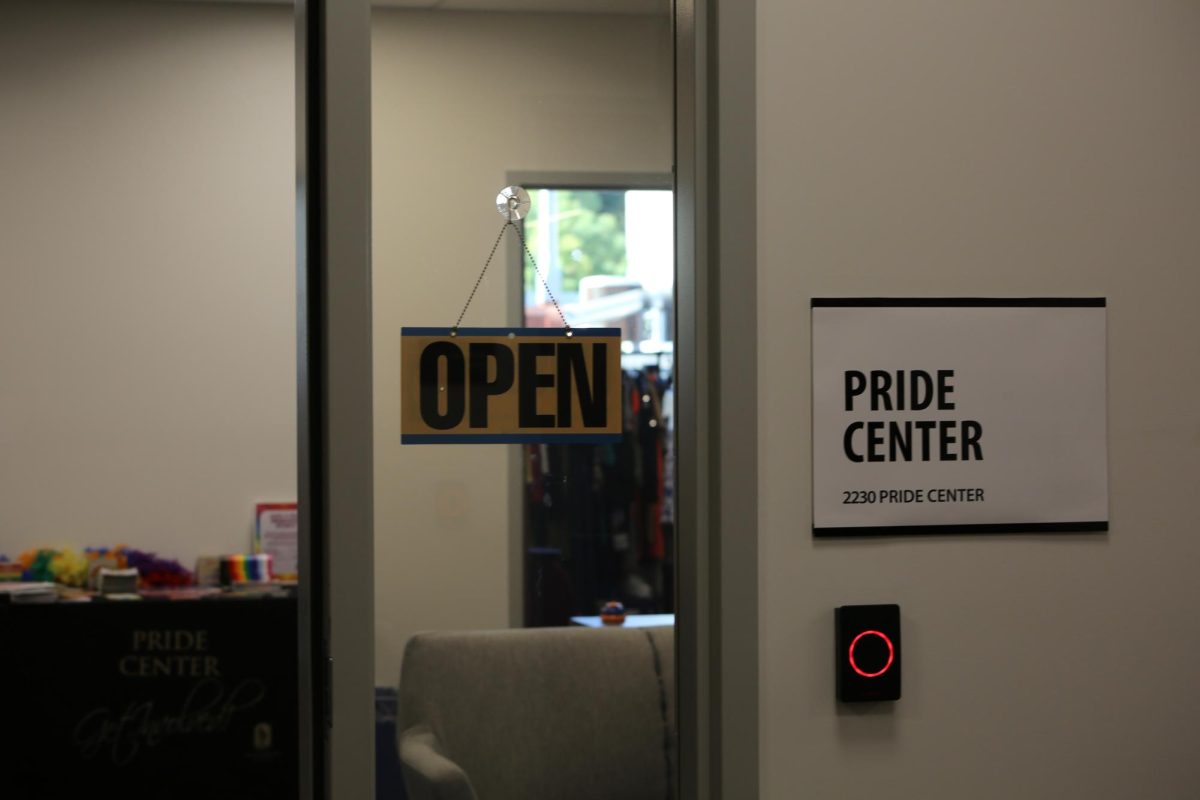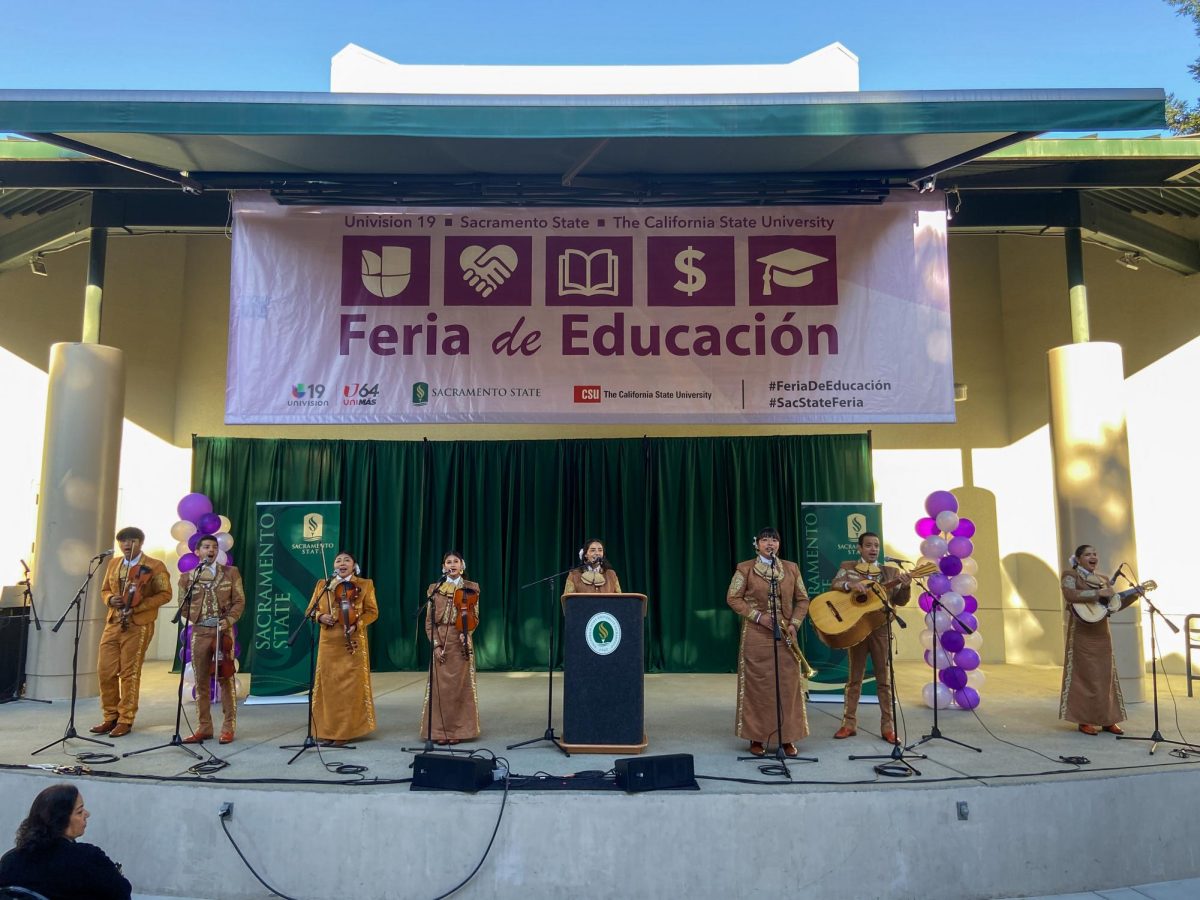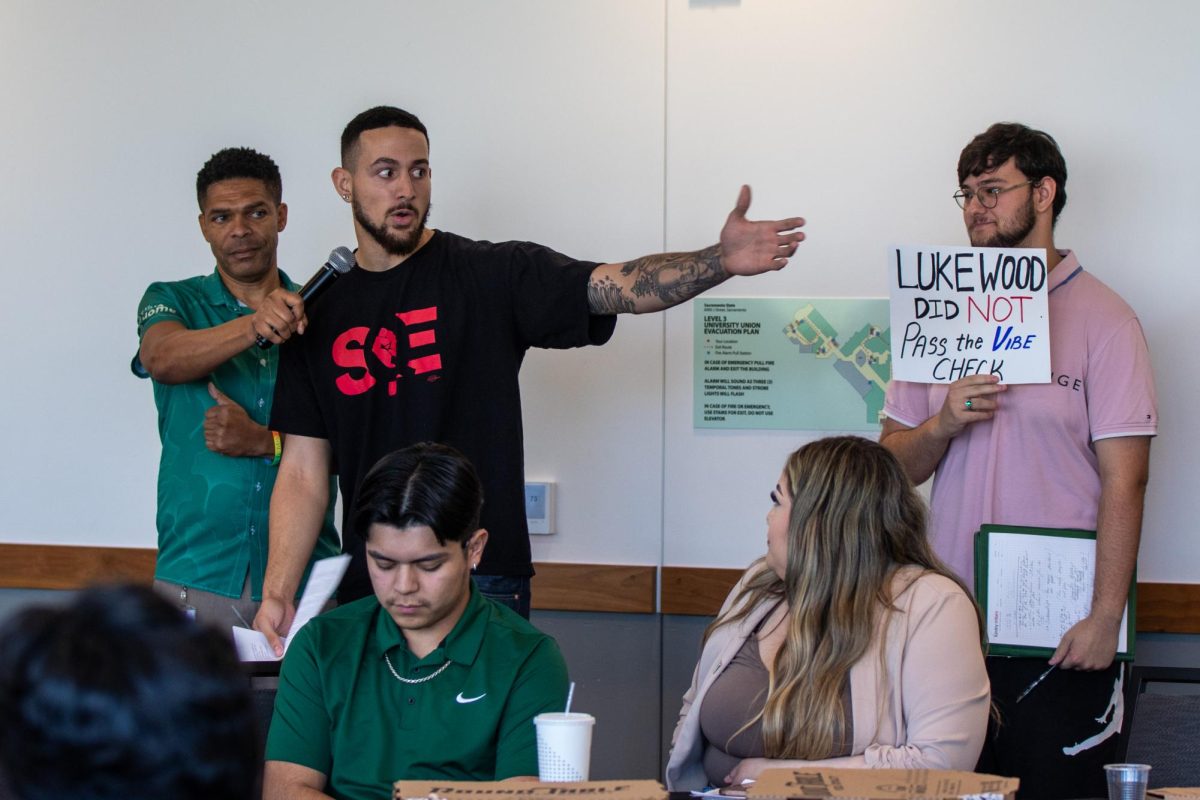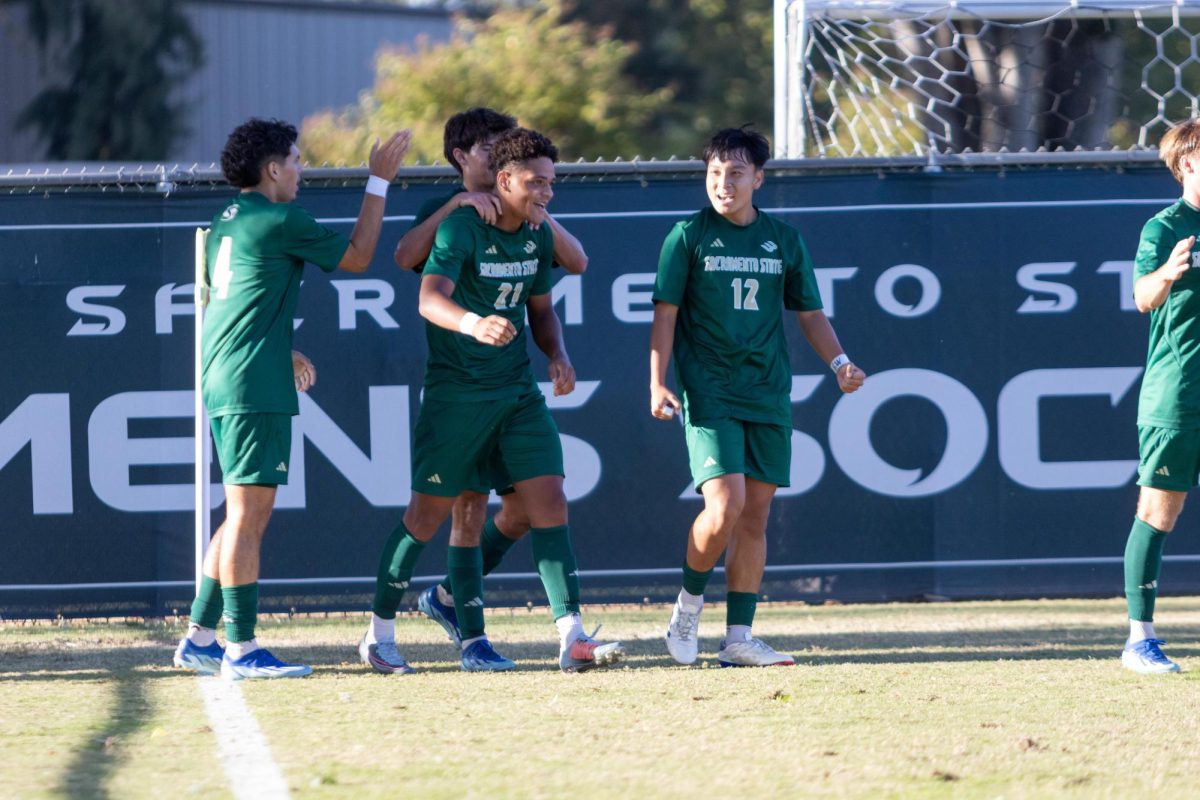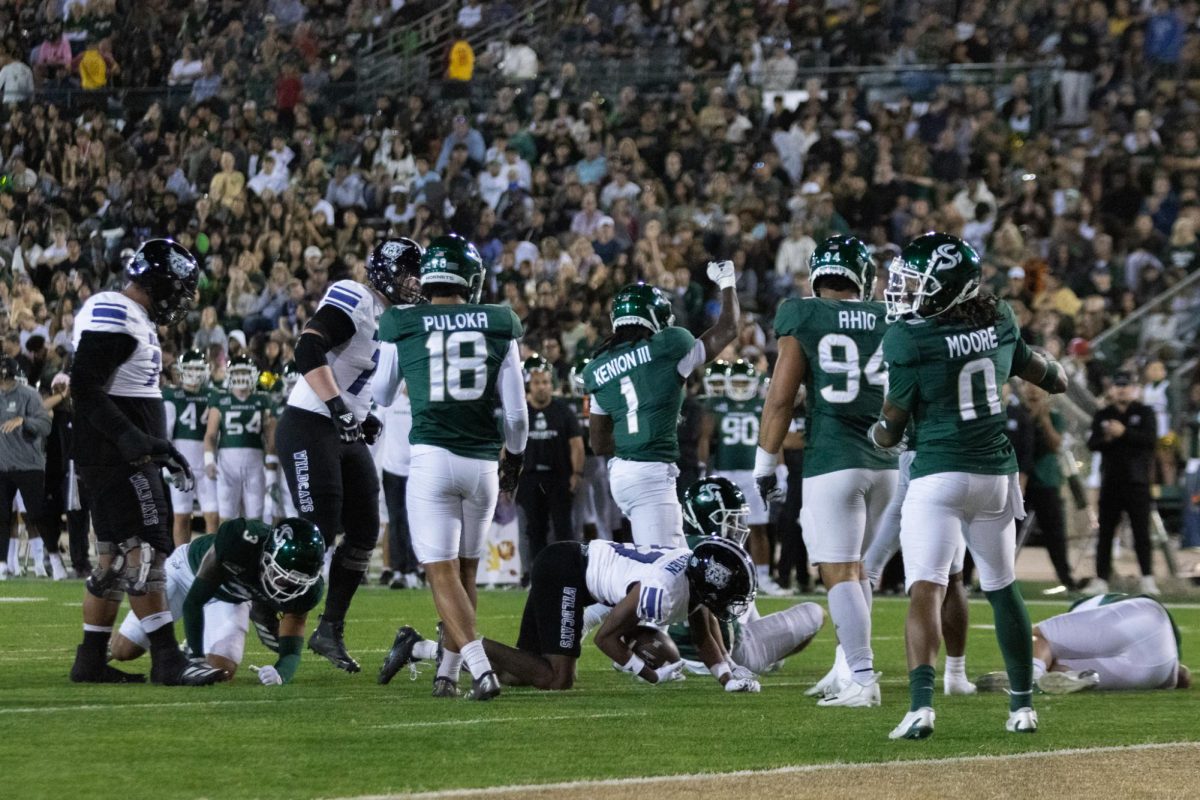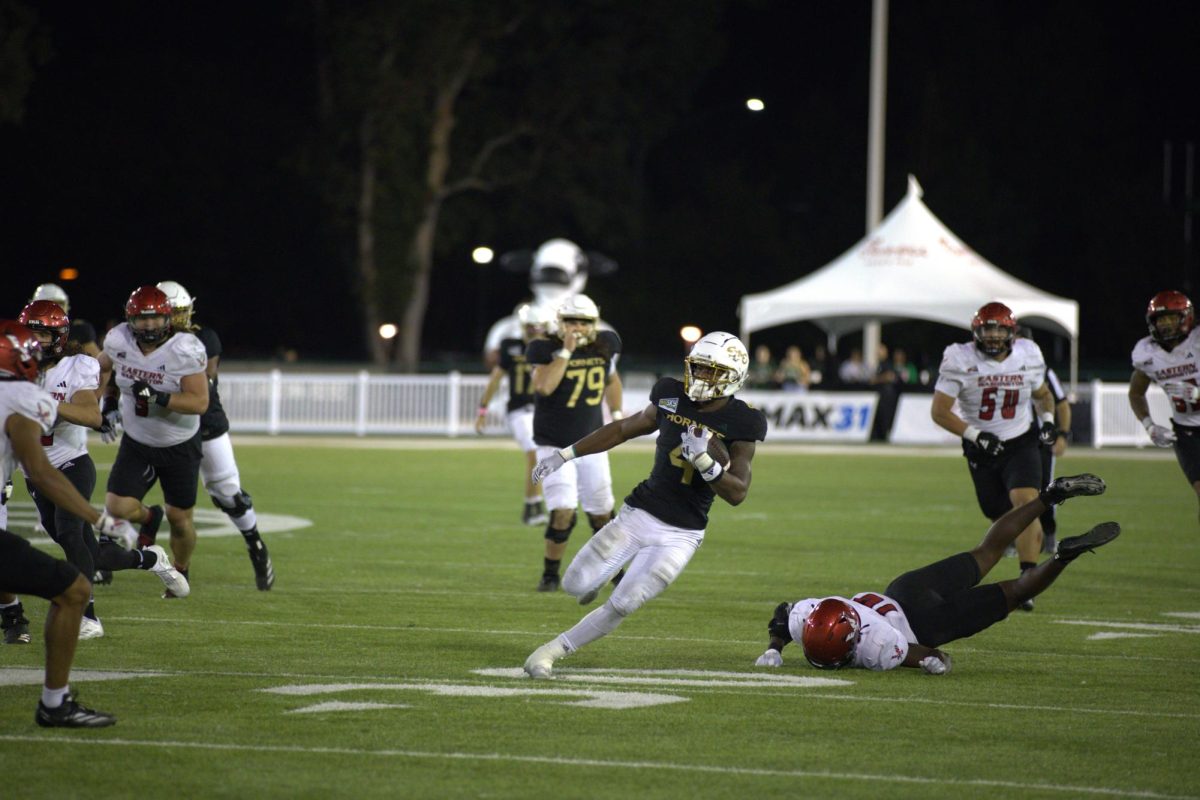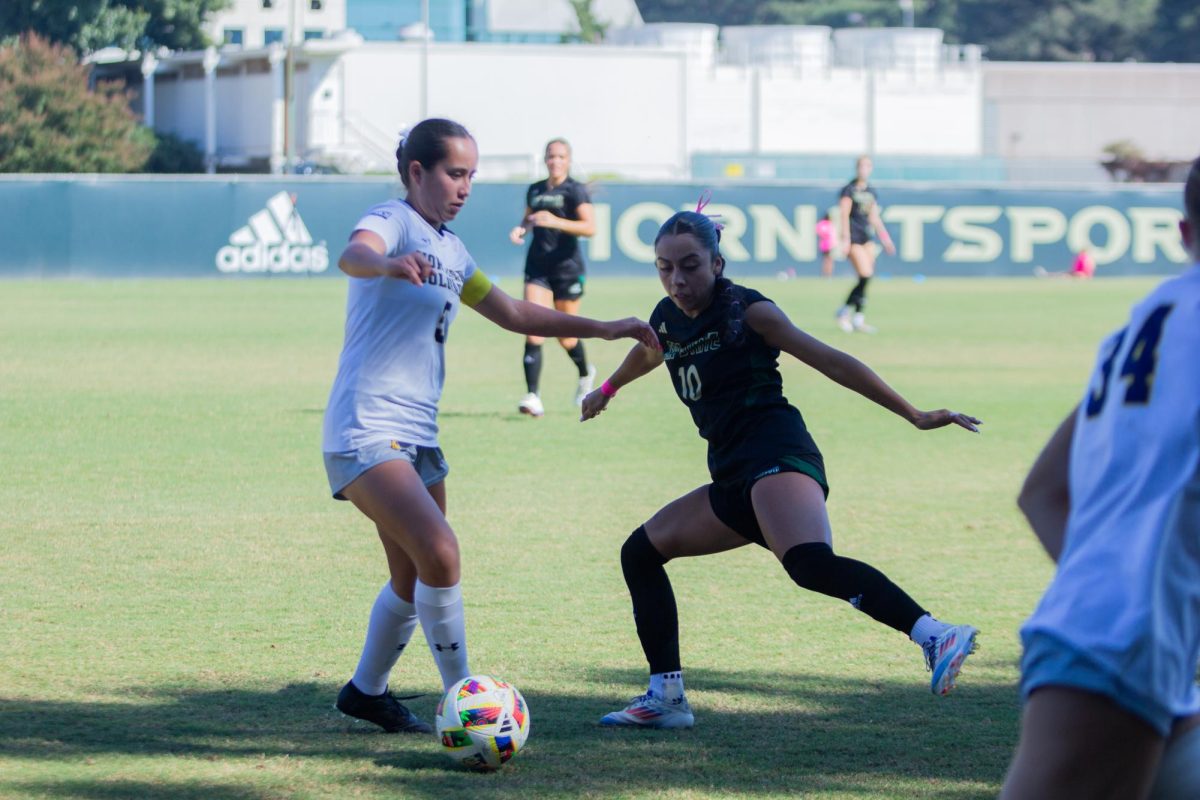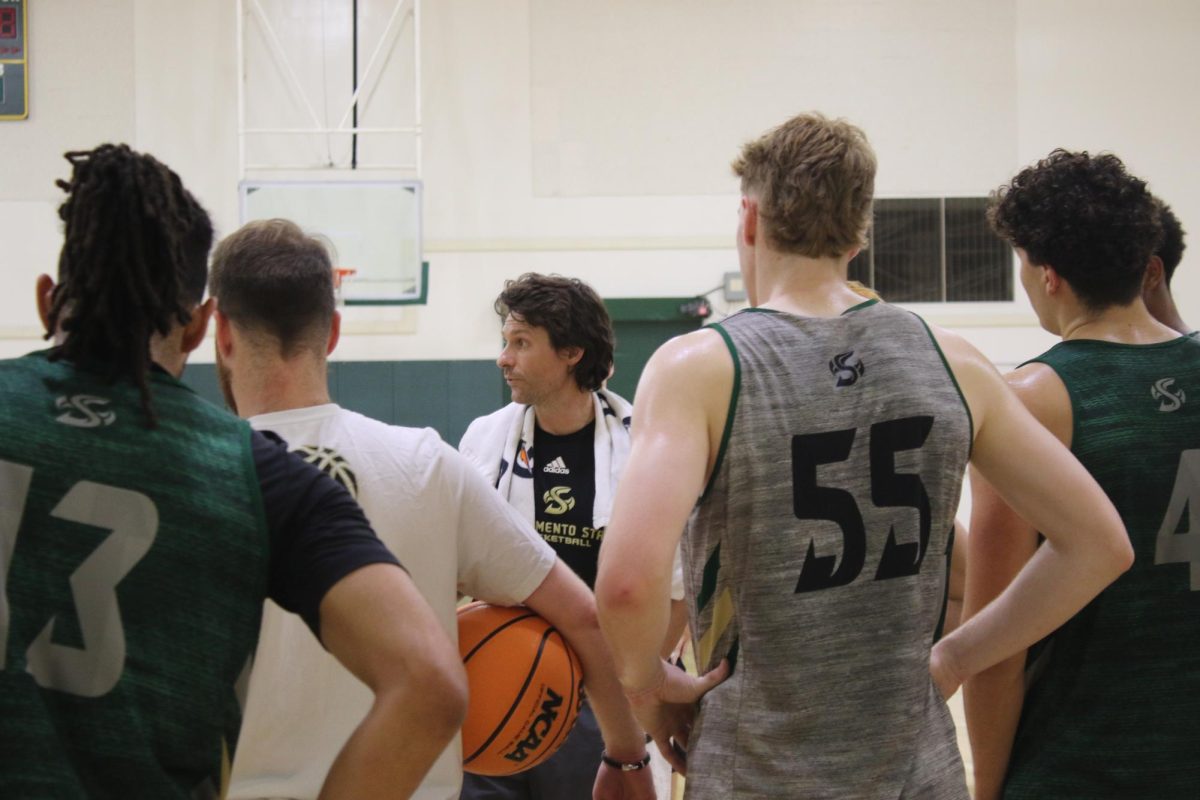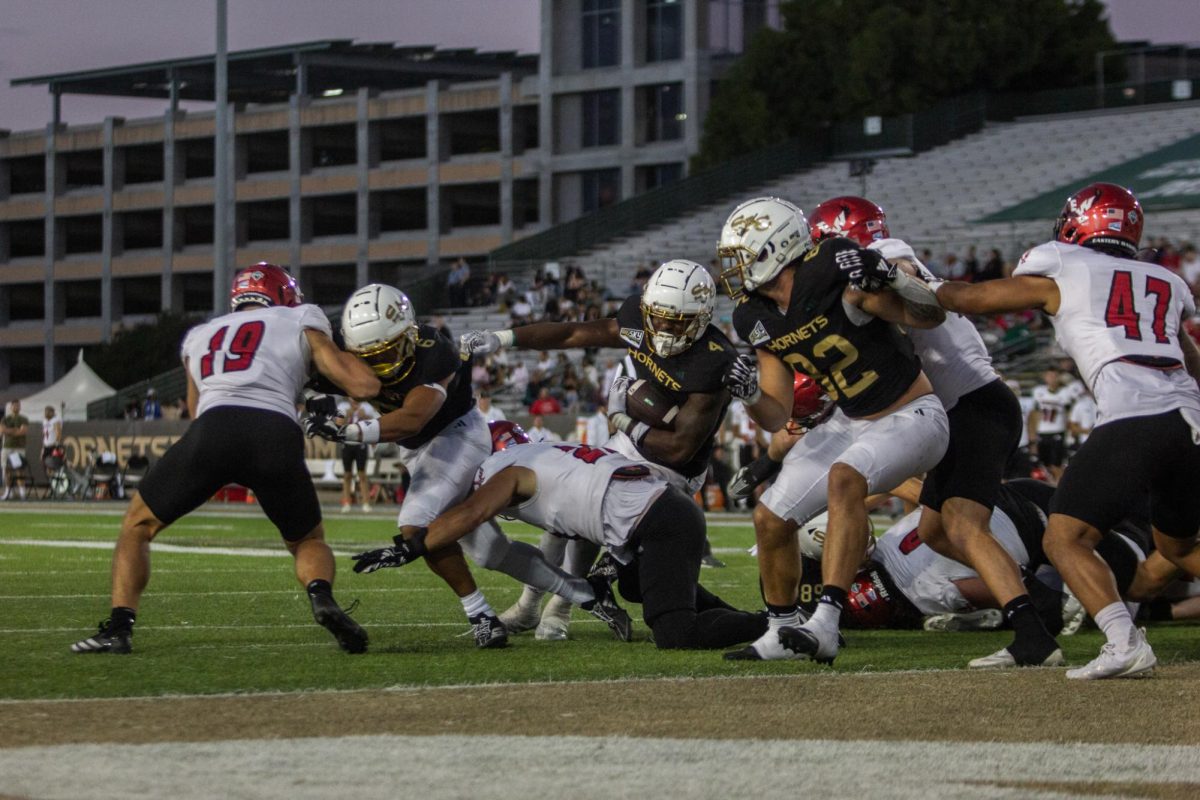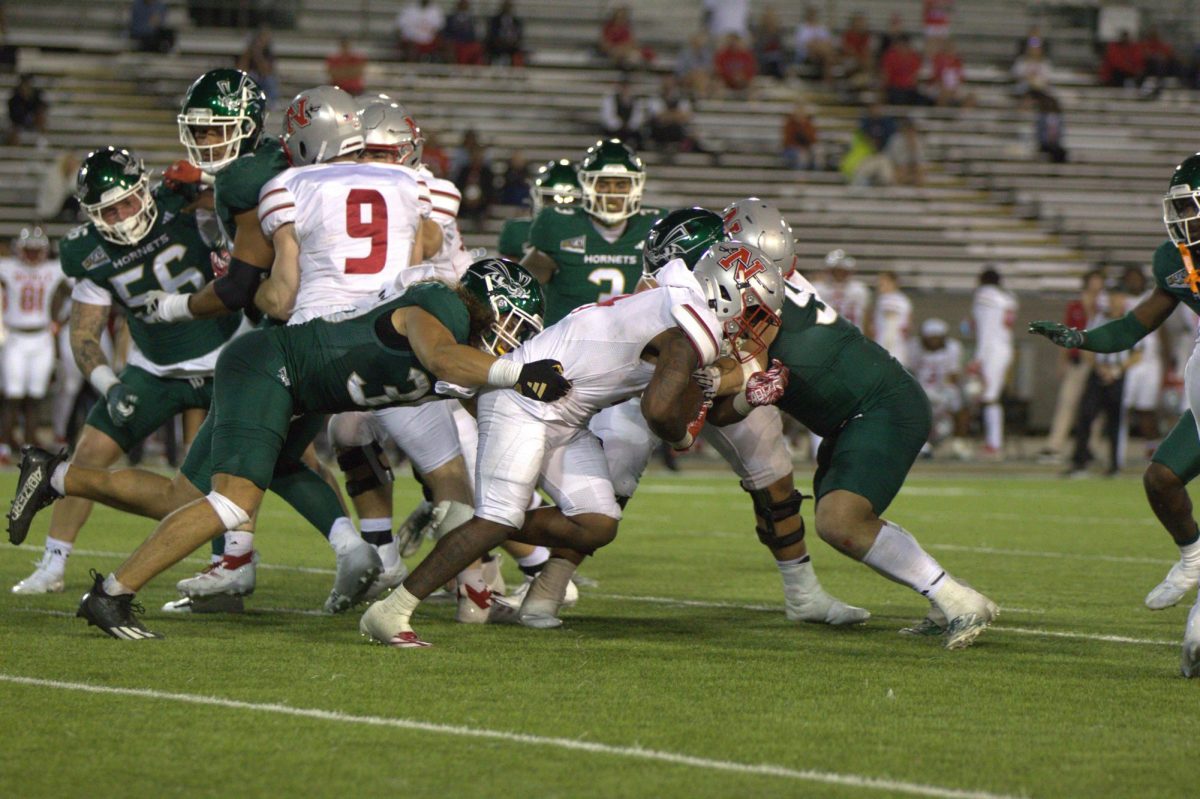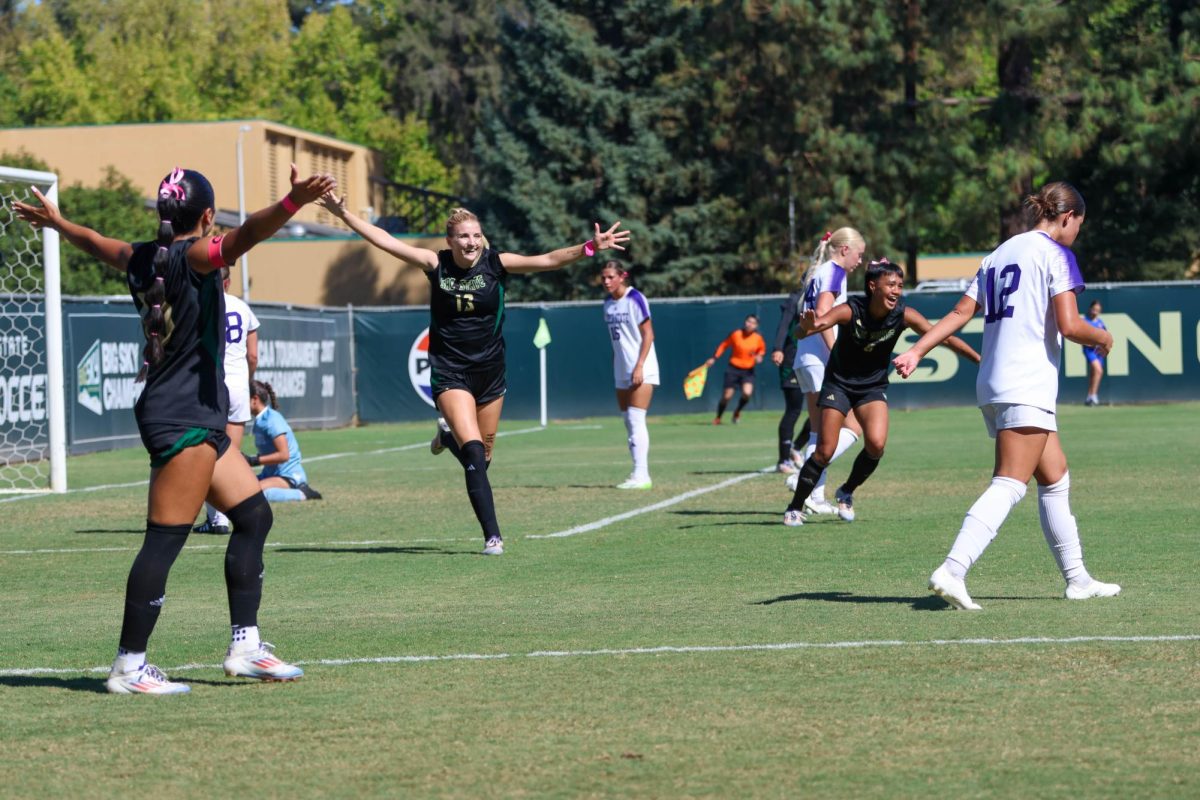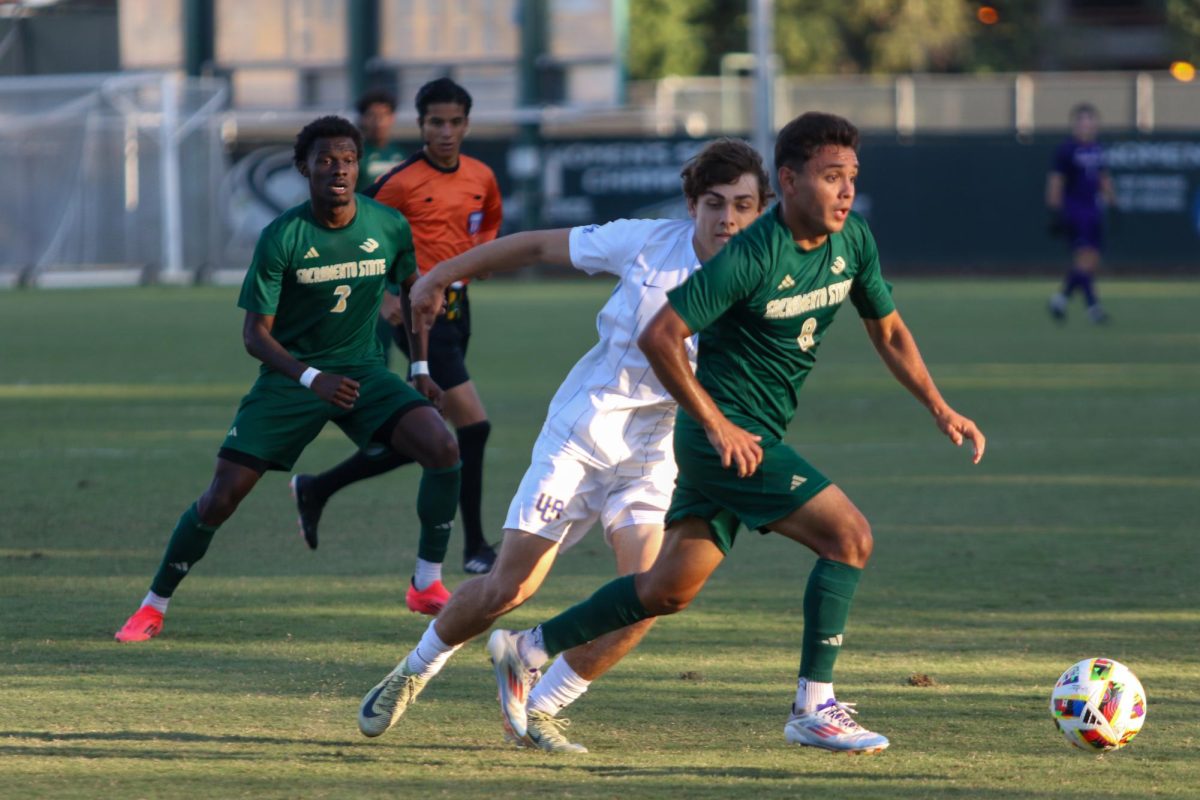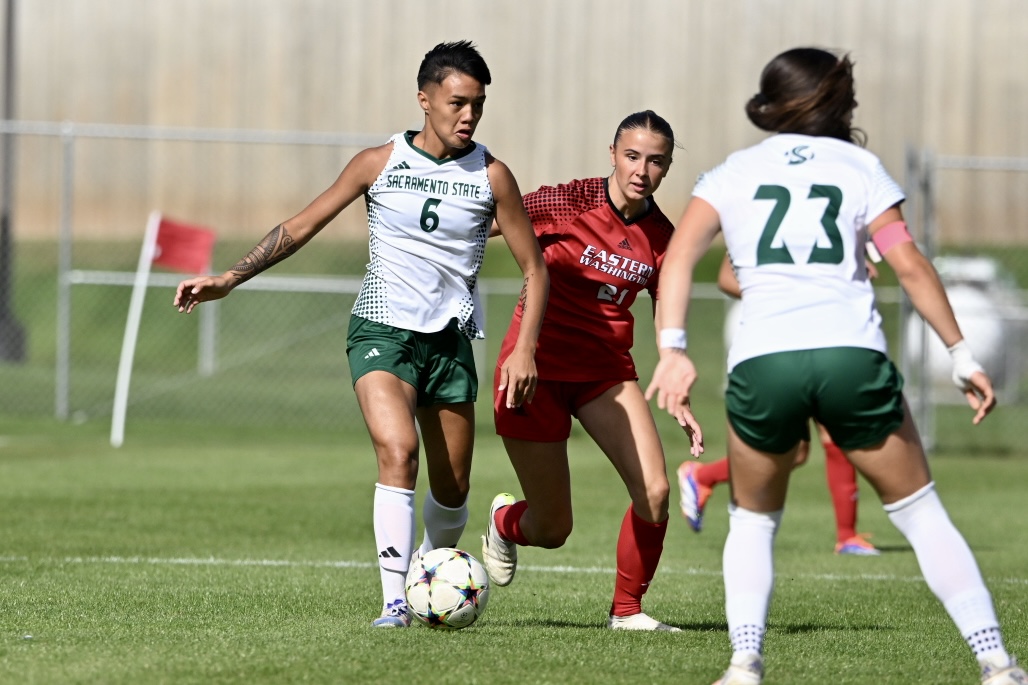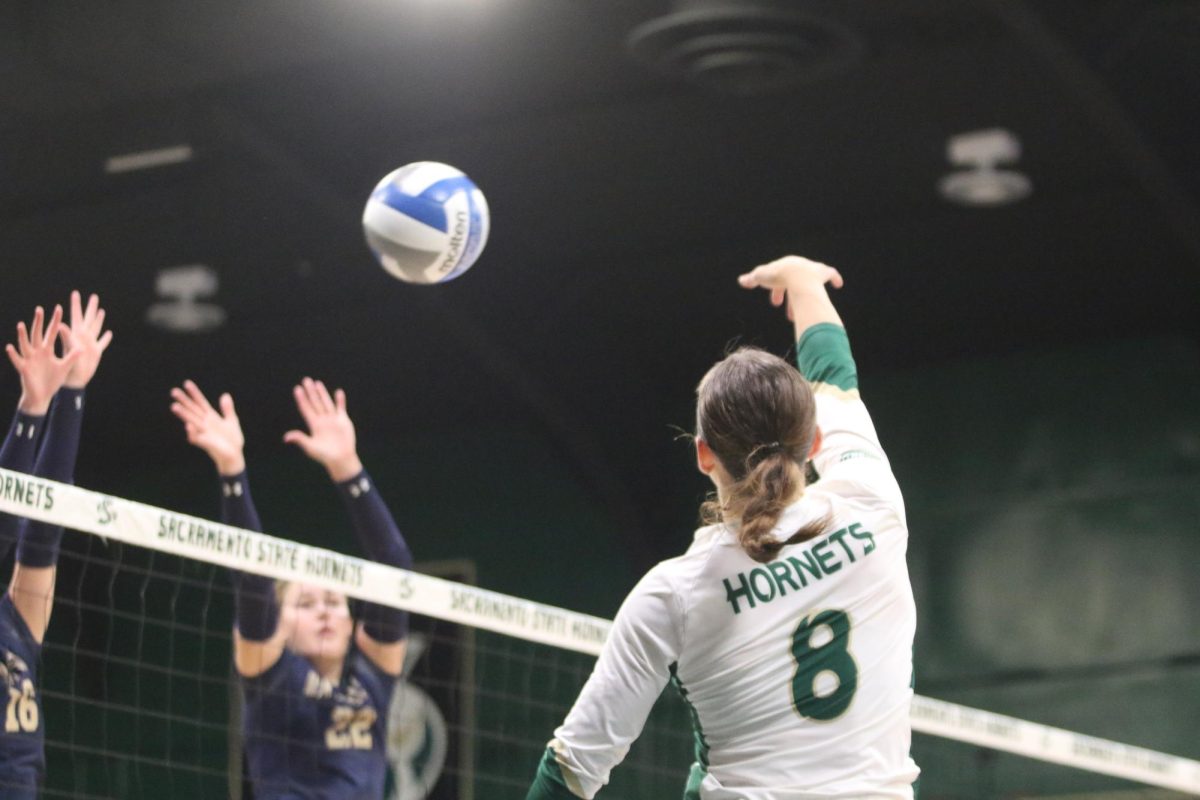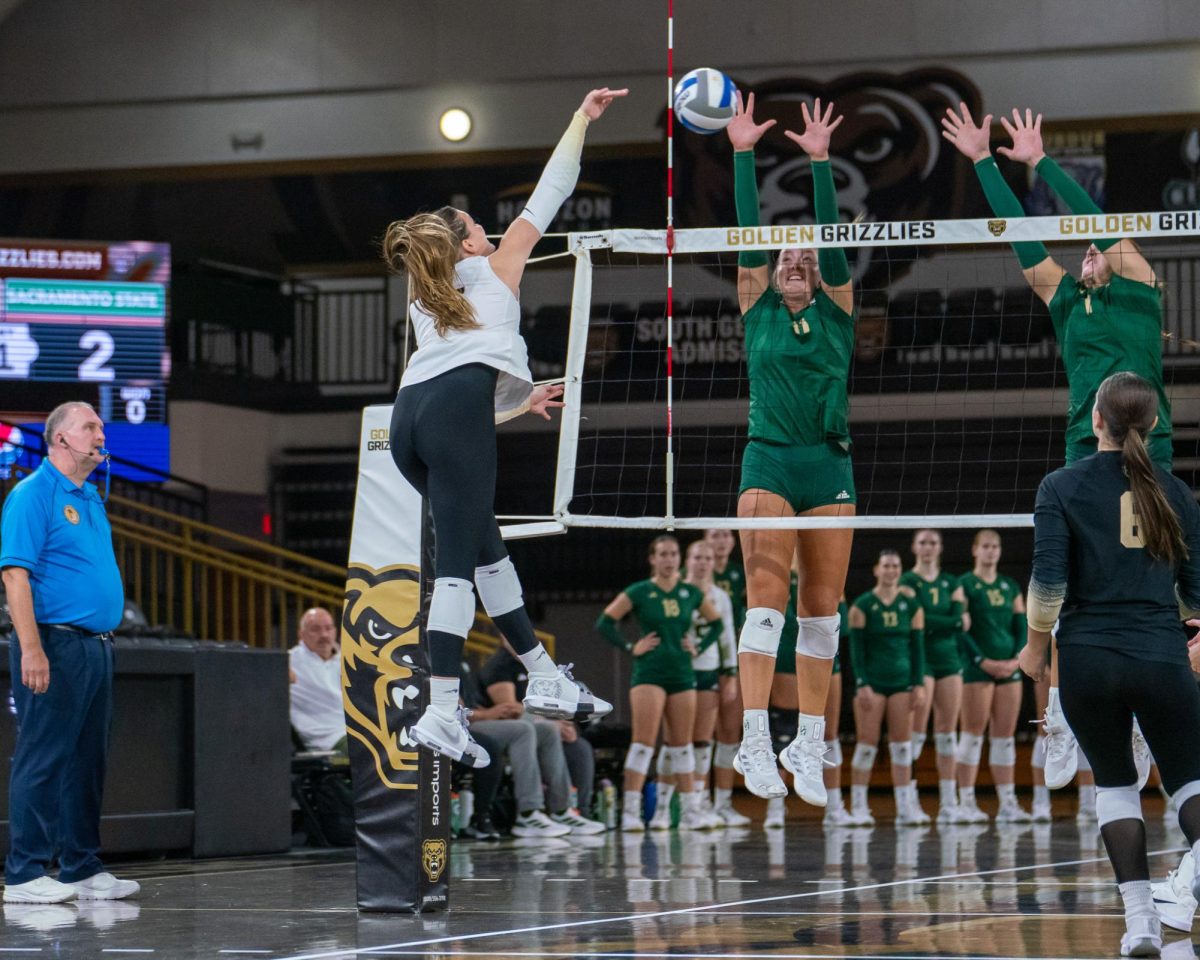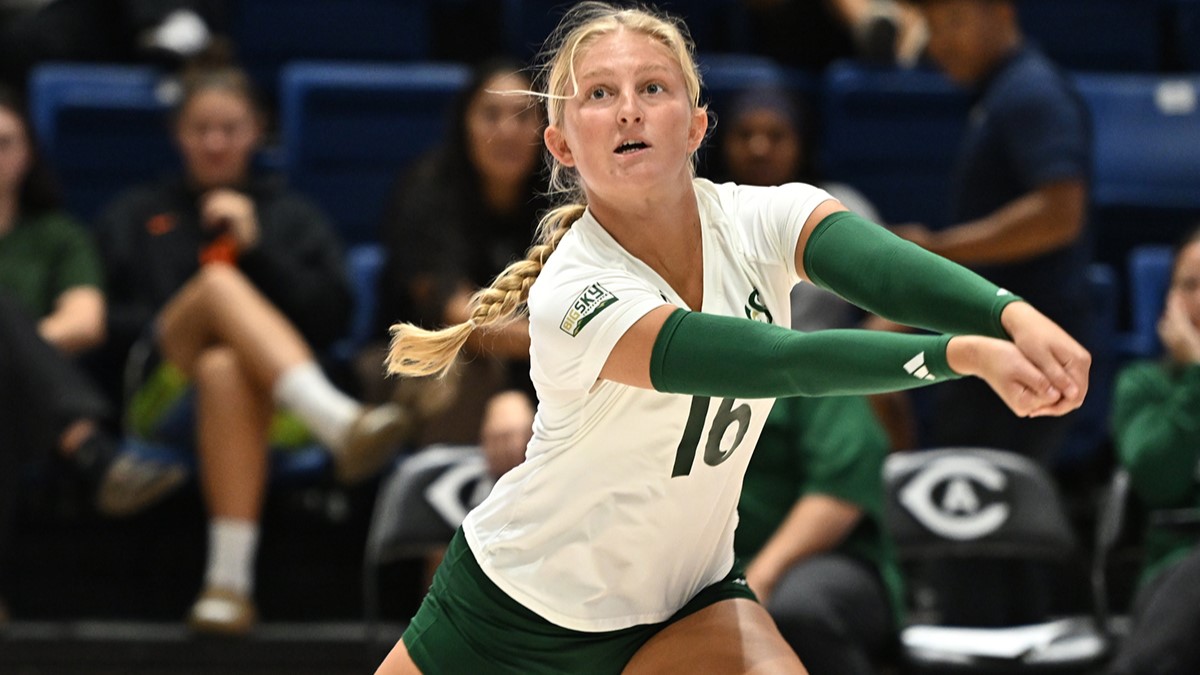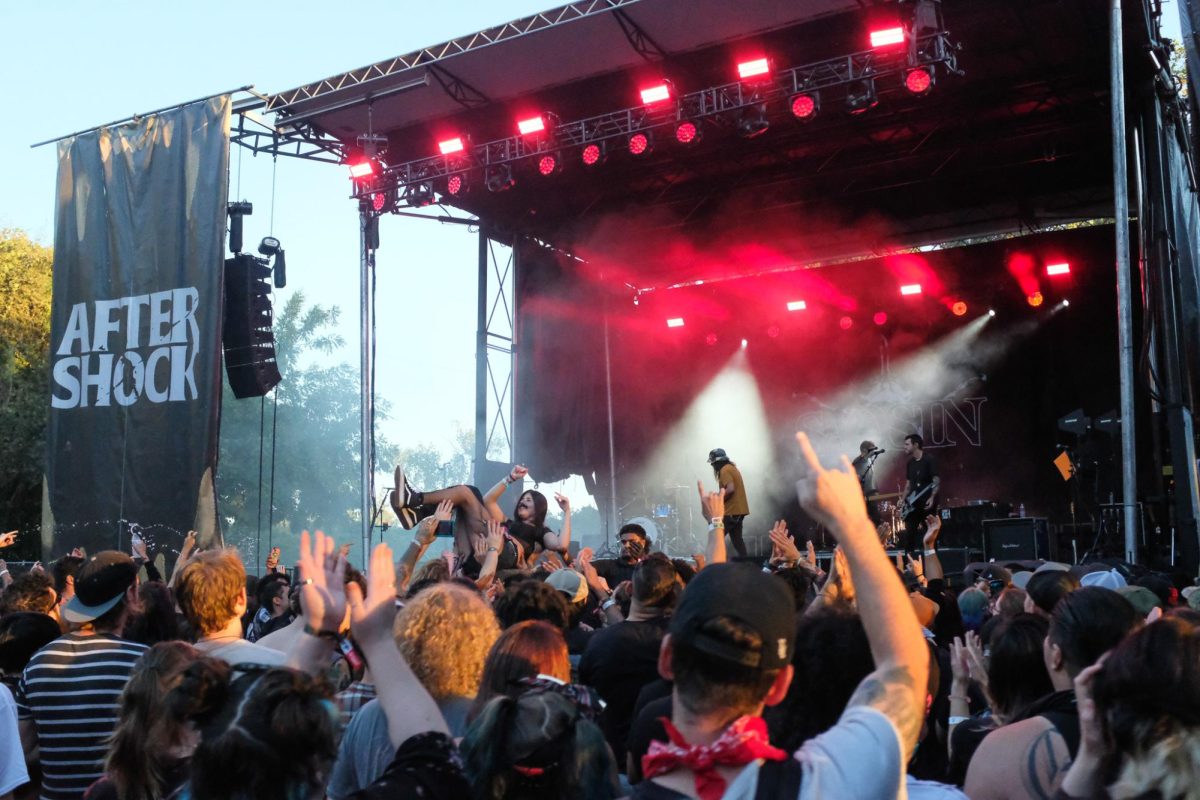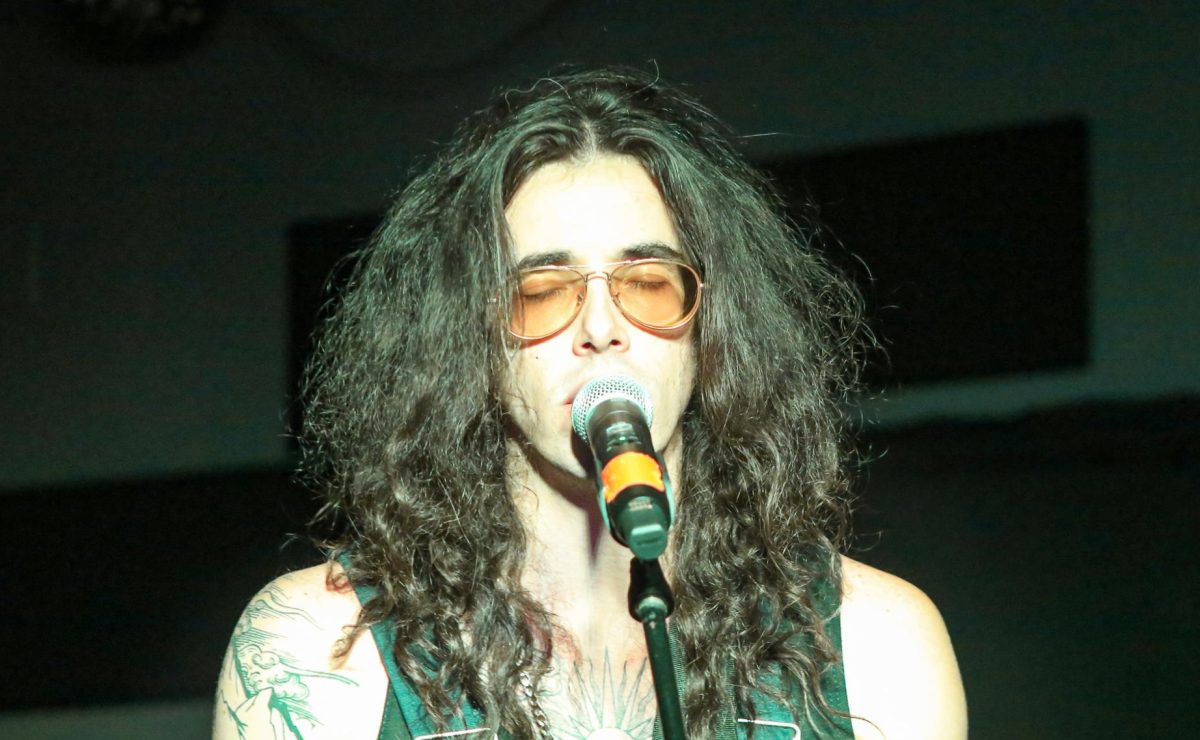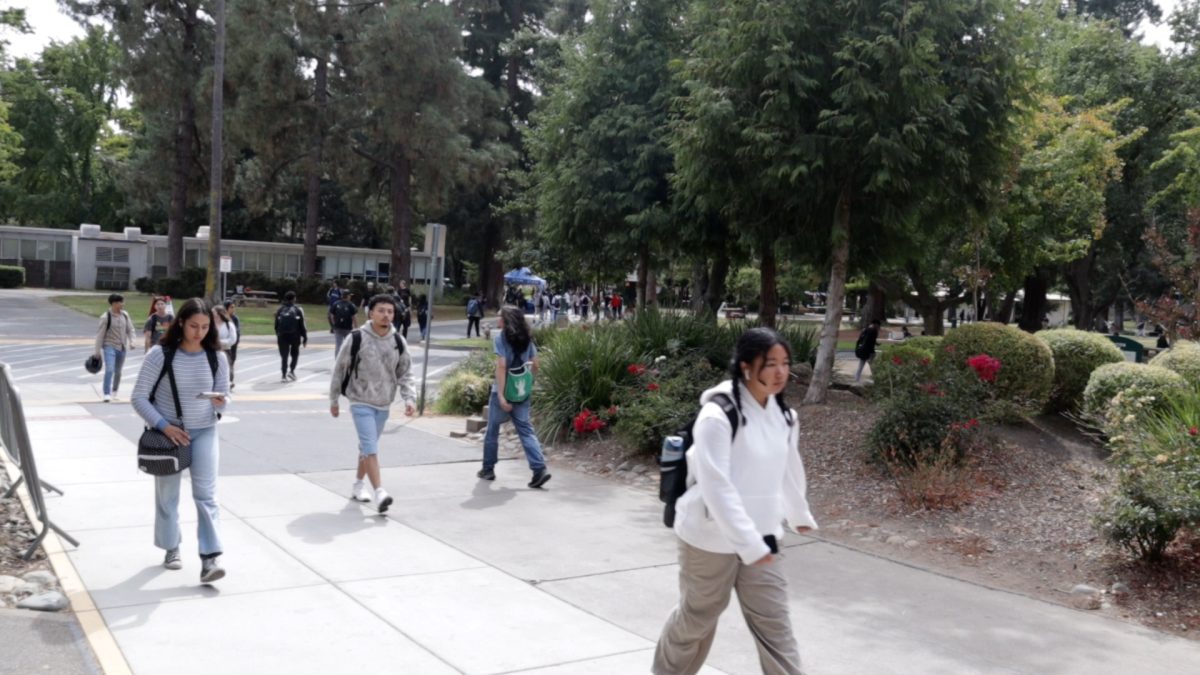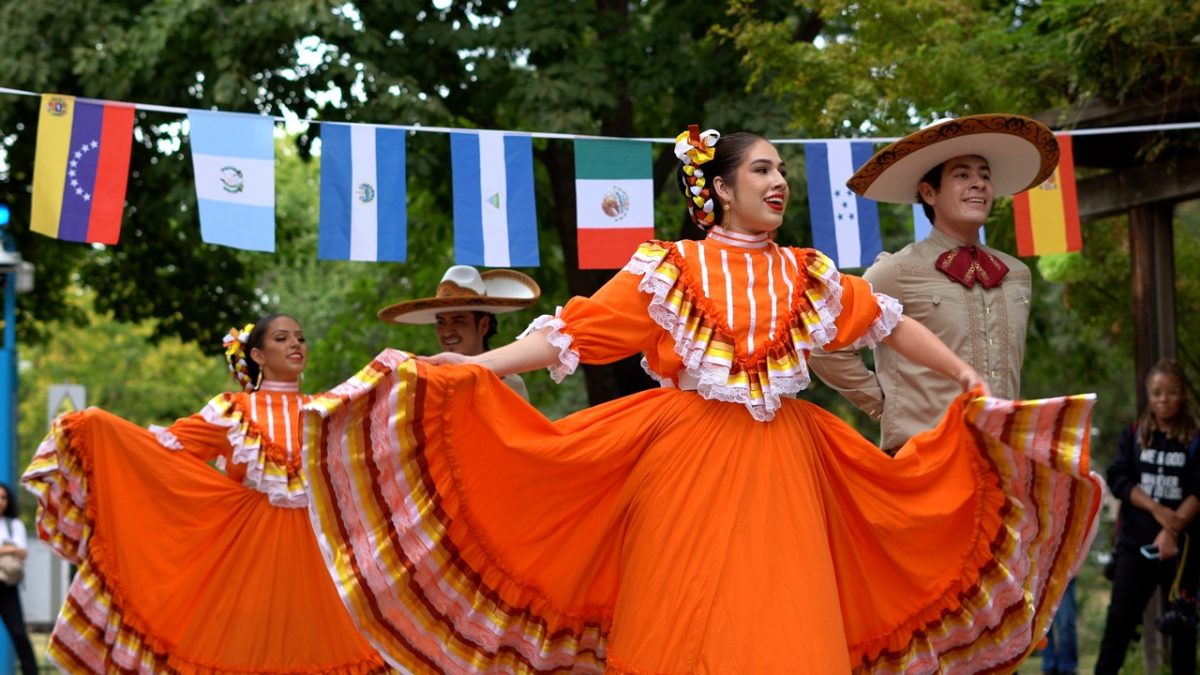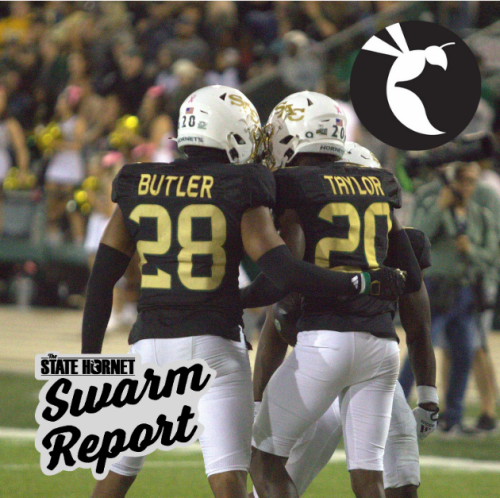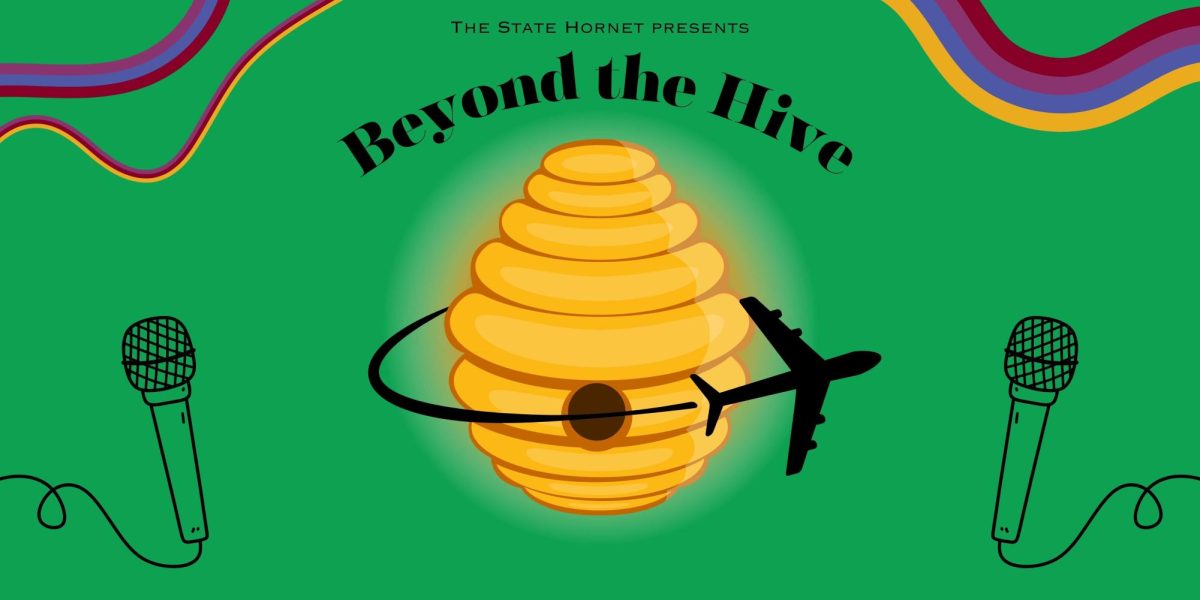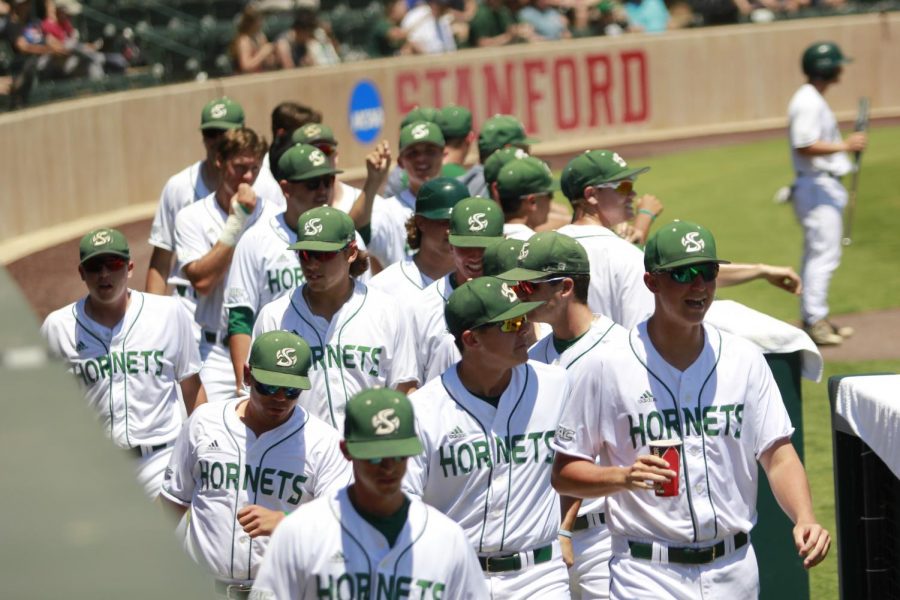Sac State athletes have mixed opinions on Senate Bill 206 becoming law
Newsom signed Fair Pay to Play Act Monday
The Sacramento State baseball team celebrate a scored run against Stanford University Sunday, June 3 at Sunken Diamond. Gov. Gavin Newsom signed Senate Bill 206 into law Monday, allowing for athletes on the baseball and all other teams to potentially monetize their likenesses.
October 1, 2019
California Gov. Gavin Newsom signed Senate Bill 206 into law Monday, allowing college athletes in the state to profit off their names and likenesses.
The bill, also known as the Fair Pay to Play Act, will not go into effect until Jan. 2023.
Story continues below tweet.
Colleges reap billions from student athletes but block them from earning a single dollar. That’s a bankrupt model.
I just signed the Fair Play to Pay Act with @KingJames — making CA the first state to allow student athletes to profit off their name, image, and likeness. pic.twitter.com/aWE9OL9r1v
— Gavin Newsom (@GavinNewsom) September 30, 2019
The law will allow college athletes in California, except those at community colleges, to hire agents, sign endorsement deals and earn compensation for the use of their names, images and likenesses. The law will also prevent the NCAA and universities in California from banning athletes who profit off themselves while in school from competing.
RELATED: California college athletes could profit from endorsements if Newsom signs bill
The NCAA released a statement Monday in response to Newsom signing the bill.
“As a membership organization, the NCAA agrees changes are needed to continue to support student-athletes, but improvement needs to happen on a national level through the NCAA’s rules-making process,” the statement said. “Unfortunately, this new law already is creating confusion for current and future student-athletes, coaches, administrators and campuses, and not just in California.”
Many college athletes at Sac State remain split on how they feel about the bill.
“I support it 100 percent,” senior football player Caelan Barnes said. “We bring in a lot of revenue to the university and it’s basically like a job. We’re devoting that much time and energy into a program every day. It’s like a full time job.”
Before Newsom signed the bill, the NCAA urged Newsom not to, saying in an open letter to the governor that by doing so, California would be erasing “the critical distinction between college and professional athletes.”
The NCAA said they believe the potential for athlete compensation would give California colleges and universities an “unfair recruiting advantage.” During deliberation on the bill, the NCAA threatened to ban California colleges and universities from NCAA competitions and events if the bill became law.
Professional athletes like Los Angeles Lakers forward LeBron James have spoken out in support of the bill since its creation. In fact, Newsom signed the bill during an episode of James’ HBO series “The Shop.”
Story continues below video.
Last season, the Sac State baseball team won the Western Athletic Conference tournament championship, which earned the team the opportunity to play in the NCAA regional tournament and a potential shot at the national championship.
RELATED: Sac State baseball team ends 2019 season at NCAA regional
With Senate Bill 206 going into law, Sac State’s baseball team could be banned from playing in the tournament if the NCAA keeps true to its previous statements about the bill.
Sophomore baseball player Travis Adams said he believes college athletes are compensated fairly as is and that in passing Senate Bill 206, California is doing its athletes a disservice by jeopardizing their opportunity to play at the national level.
“I think athletes are paid through their (scholarships),” Adams said. “Everyday we’re working hard and our dream is to get to the College World Series, and taking that away from us is just not right.”
Freshman softball player Skylar Mitchell agreed with Adams and said that she believed money should be kept in professional leagues.
“I personally don’t think college athletes should be paid,” Mitchell said. “It takes you out of the running to win a national championship. That’s what the pros are for. If you can make it to the next level, then I do think you should get paid for that.”
RELATED: #SacStateSays: ‘What do you think about college athletes taking endorsement deals?’
The law will not go into place until 2023, but discussions about the bill will likely continue in the meantime.
Additional reporting by Shaun Holkko.
It’s hard to say just how much things will change but one thing is for sure, Lebron beat the NCAA at its own game.
James has been raging against the NCAA for years. Governor Newsom signed SB 206 on @uninterrupted.
Young athletes can now capitalize on their value in California.
— Web Smith (@web) September 30, 2019
This would be me if I was standing in front of Gavin Newsom after the signing of the SB 206… Gone is the power, manipulation these universities, athletic directors, coaches have had… Everyone should have a hand in the cookie jar… You’ve finally been HEARD Ed O’Bannon… pic.twitter.com/e9EJ8aAYEy
— Reggie Miller (@ReggieMillerTNT) September 30, 2019
Let us not lose sight of what’s important today: California SB 206 brings us one small step closer to the return of “NCAA Football” video games.
— Max Olson (@max_olson) September 30, 2019



